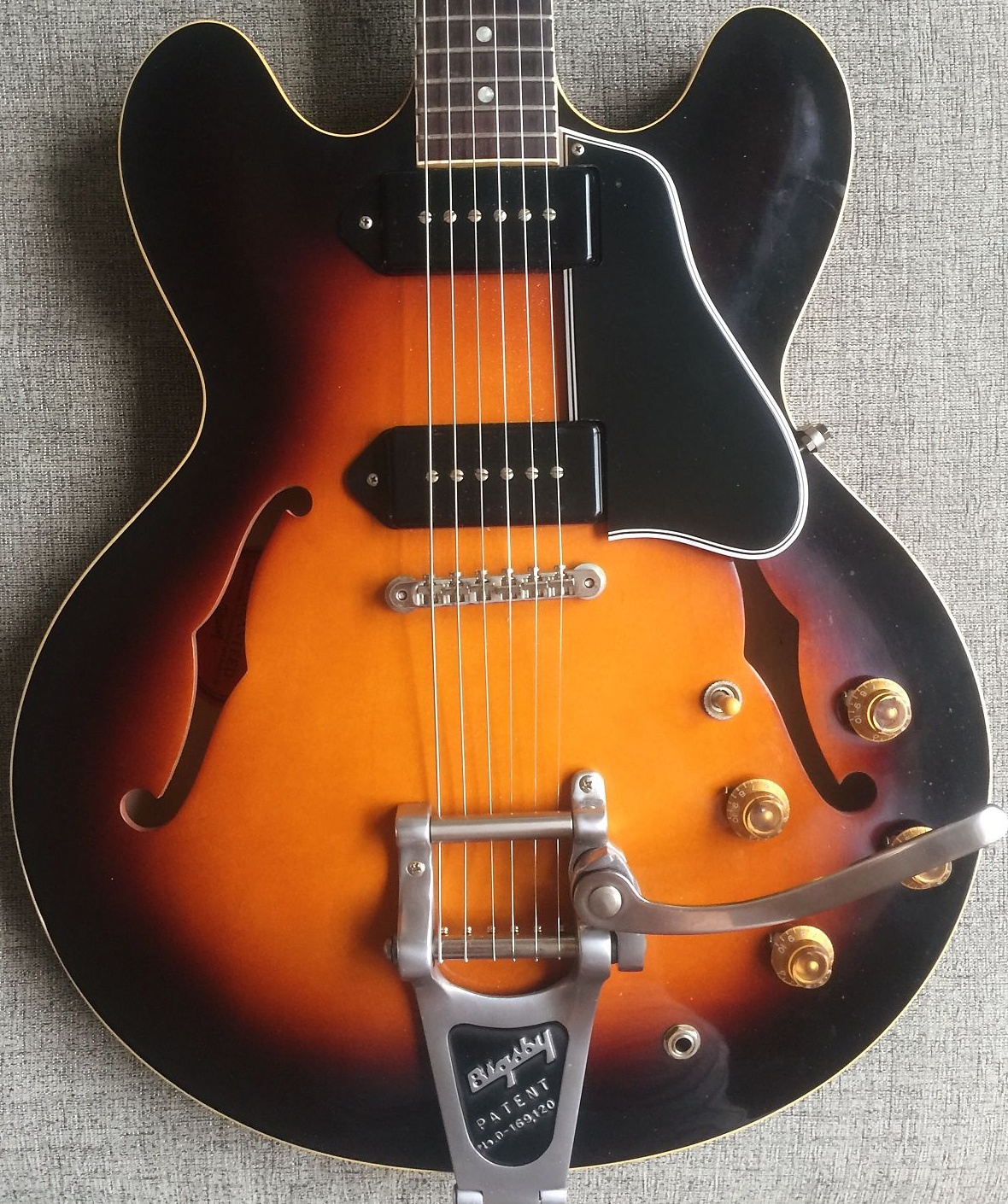Howdy, Stranger!
It looks like you're new here. If you want to get involved, click one of these buttons!
Categories
- 244.2K All Categories
- 22 >> Start Here <<
- 12 New Members
- 8 FAQs
- 87.5K Gear
- 39.9K Guitar
- 3.5K Acoustics
- 1.3K Bass
- 14.8K Amps
- 17.4K FX
- 304 Digital & Modelling
- 770 Other Instruments
- 8.3K Making & Modding
- 426 Gear Reviews
- 107 Guitar Reviews
- 74 Amp Reviews
- 119 FX Reviews
- 87 Other Reviews
- 751 Made in the UK
- 977 Theory
- 1.9K Technique
- 2.2K Live
- 3.2K Studio & Recording
- 2.2K Making Music
- 226 Events
- 15 Guitar Show 2018
- 846 Plug My Stuff
- 106.4K Classifieds
- 41.6K Guitars £
- 2.9K Acoustics £
- 143 LH Guitars £
- 909 Basses £
- 10.7K Parts £
- 18.5K Amps £
- 34.4K FX £
- 2.8K Studio & Rec £
- 6.2K Misc £
- 466 Personnel
- 55.3K Chat
- 36.9K Off Topic
- 1.1K Tributes
- 6.6K Music
In this Discussion
Become a Subscriber!
Subscribe to our Patreon, and get image uploads with no ads on the site!
Don't Defrag Your SSD
It appears there is almost zero performance gain, and it just serves to eat into the precious finite write cycles that an SSD has.
(i.e. SSDs tend to just 'vanish' whilst traditional hard drives give you some indication that things are about to go wrong)
http://www.pcworld.com/article/2047513/fragging-wonderful-the-truth-about-defragging-your-ssd.html?page=1
Interesting stuff.
(i.e. SSDs tend to just 'vanish' whilst traditional hard drives give you some indication that things are about to go wrong)
http://www.pcworld.com/article/2047513/fragging-wonderful-the-truth-about-defragging-your-ssd.html?page=1
Interesting stuff.
(pronounced: equal-sequel) "I suffered for my art.. now it's your turn"
0 LOL 0
LOL 0 Wow! 0
Wow! 0 Wisdom
Wisdom
 LOL 0
LOL 0 Wow! 0
Wow! 0 Wisdom
Wisdom Base theme by DesignModo & ported to Powered by Vanilla by Chris Ireland, modified by the "theFB" team.


Comments
My experience of failures on them is that you get no warning, unlike hard disks that start to throw sector errors or start making mechanical noise. Other's of course may have experienced things differently.
Certainly that is what happens on. OSX and win 8
I was a field engineer when Fujitsu 3.5 drives failed en masse in 2003 ish. I must have replaced 200 just in the Midlands.
We have a daily runner in each of our DC, just replacing drives. Thank god for RAID and hot swap